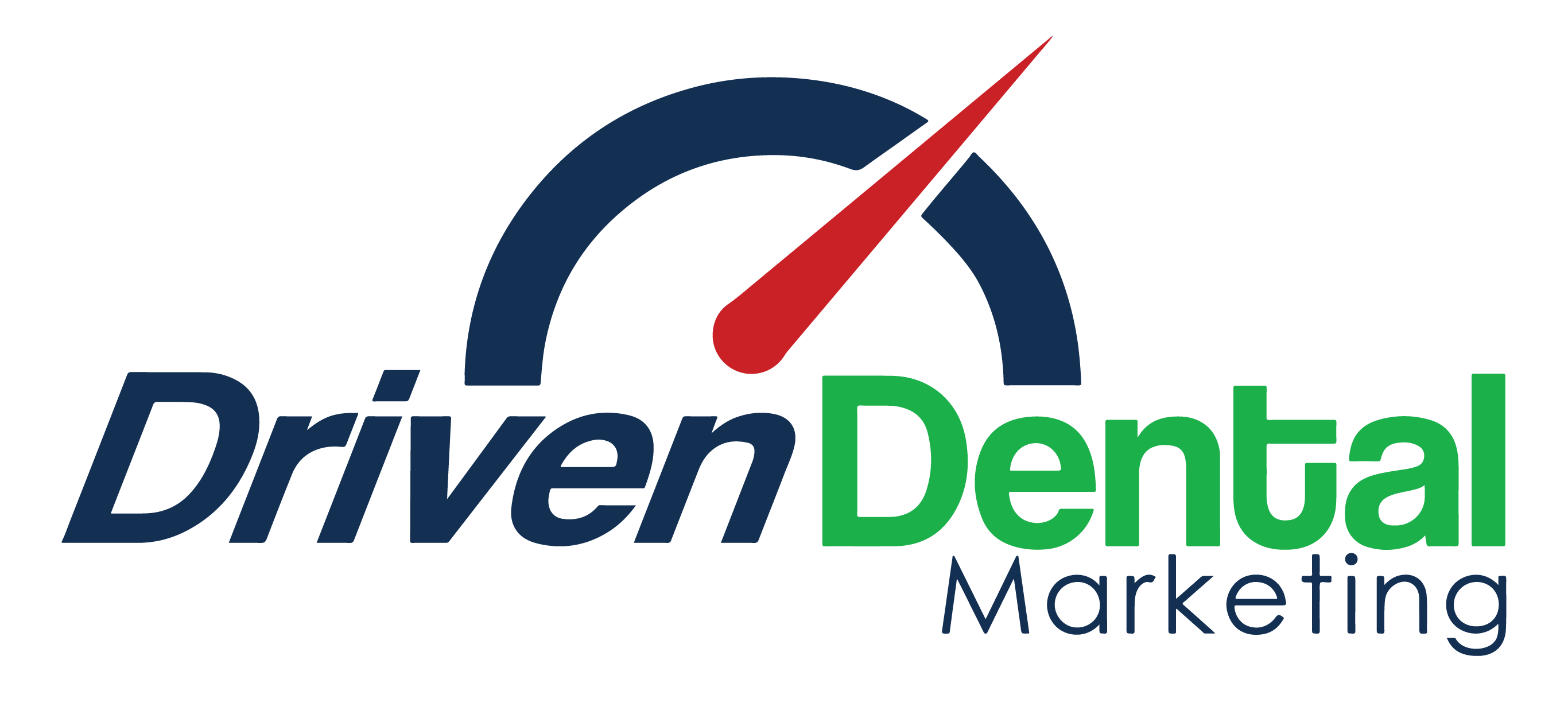A podcast listener recently asked whether Search Engine Optimization (SEO) is enough to attract implant patients.
They had a website that was well optimized for dental implant keywords. They also appear on organic search results for some keywords.
With that in place, the listener wondered whether they should also do paid advertising through Google AdWords.
While each instance will be different, here are the relevant questions to ask.
SEO vs. Google AdWords for dental implants: The basics.
SEO involves trying to get your website to the top of organic search engine results. Organic results are very competitive in many industries. While you may pay an expert to help you develop an SEO strategy for your dental practice, you do not pay Google anything.
Having an expert to help is often smart. Even with an expert’s help, results can take a long time to develop and are not guaranteed.
With Google AdWords, dentists pay for their ads to appear in Google’s sponsored search results. Google’s sponsored search results appear at the top of the search results page, above organic results. Whenever someone clicks your ad, you need to pay Google up to an agreed-upon predetermined amount.
SEO vs. Google AdWords for dental implants: Pros and cons.
One major advantage for SEO over Google AdWords is results are free. While you might pay an expert or pay for SEO content, you do not have to pay Google anything. Your website just appears in the organic results. It does not cost you if someone clicks to your website. You do not pay anything. With Google AdWords, you pay every time someone clicks on your ad.
Another big advantage for SEO is that once your website makes it into the organic results, it often stays there for a while. With Google AdWords, your ad stops appearing when you stop paying Google.
Cons for SEO include that it is very difficult to appear in organic results. Each term has ten websites on the first page, at best. You are competing against thousands or millions of websites for that space. Additionally, you have less control over the wording of how your website appears compared to Google AdWords, where you can tweak everything about it.
Finally, you have less control over what page appears on organic search results. While an expert can help you design a strong landing page, Google’s algorithm ultimately decides which pages to include in its search results.
One big advantage of Google AdWords for dental implant marketing is the speed with which you can have your ad live. Sometimes you can even start getting dental implant inquiries the same day you decide to place an ad. Additionally, you can control every aspect of your ad, from the search terms you want to associate with, to the ad copy, and what web page people land on when they click your ad. You can even adjust any element to improve results. Finally, the organic search results are not prominently featured and often actually get fewer clicks than sponsored results.
One disadvantage Google AdWords has to SEO for dental implants is you need to pay every time someone clicks your ad. When your Google AdWords campaigns are set up well, however, that investment can be well worth it. Another disadvantage is your ad stops showing when you stop paying. Of course, if your ad is attracting a steady flow of implant patients, it is unlikely you will want to stop it.
So how do you know if SEO is enough or if Google AdWords is appropriate? Here is how to make that decision.
SEO vs. Google AdWords for dental implants: When you do not appear in organic search results.
If you do not appear anywhere in Google’s organic search results for dental implants, investing in Google AdWords is often smart.
When set up well, Google AdWords allows you to get to the top of search results in a matter of minutes. You can start getting dental implant patients right away.
SEO vs. Google AdWords for dental implants: When you already appear in organic search results.
What if your website currently ranks in Google’s organic search results for dental implants?
What if you have SEO that works for dental implants like our podcast listener does?
Here is how to decide whether Google AdWords is a wise investment.
First, take stock of your results.
How many dental implant inquiries are you getting each month? How many implant inquiries did you get last month? The month before? Compare them. Is it consistent? Can you even measure it?
Second, take stock of the keywords your are ranking for.
If you are not currently getting many implant inquiries, it is possible you are ranking for keywords that are not terms people use when they are actually shopping for implants.
It is also possible you are raking for only one or two search terms people use when shopping for implants. Thus, your results could be severely limited.
In either of those cases, it could be wise to use Google AdWords to invest in an appropriate basket of search terms people use when shopping for implants.
Is your SEO converting dental implant patients?
When it comes to attracting a steady flow of dental implant patients, conversion is key. If SEO is regularly and reliably attracting a steady flow of dental implant patients to your practice, that may be enough.
If you have additional capacity, want to attract more (or bigger) implant cases, or currently get inconsistent results from SEO, Google AdWords is an excellent tool.
What has your experience been with SEO? Have you tried using Google AdWords to get a boost to your dental implant marketing?
If you have not achieved consistent, quality results attracting dental implant patients, book a FREE 15-minute strategy session right here on drivendentalmarketing.com to learn more about how Driven Dental Marketing can help you to attract and convert more high-value patients.
